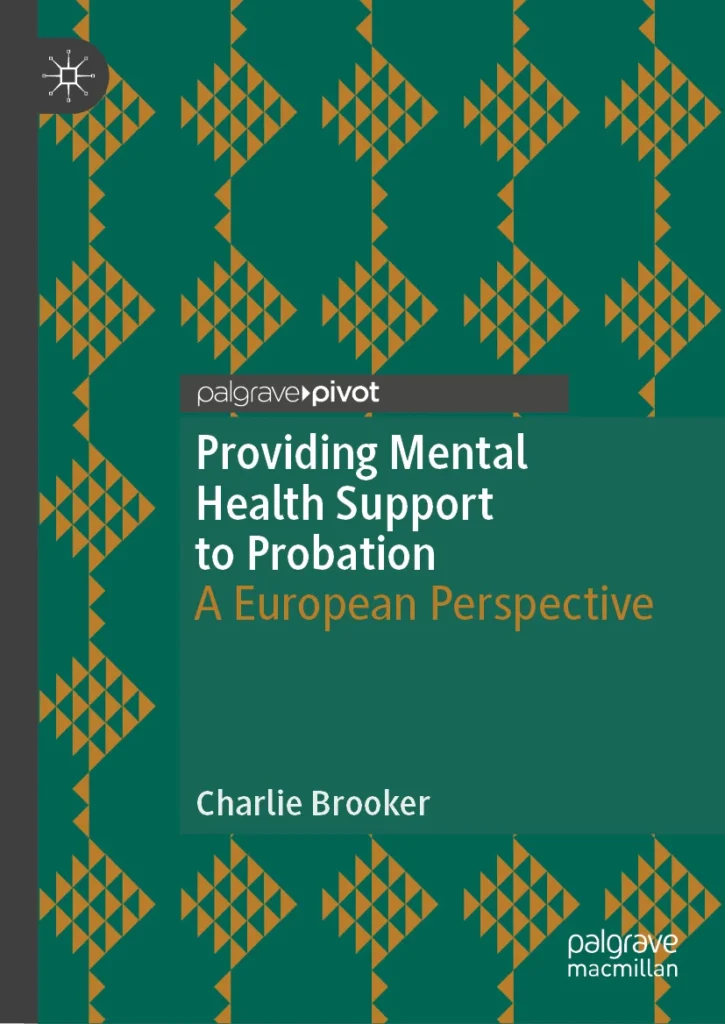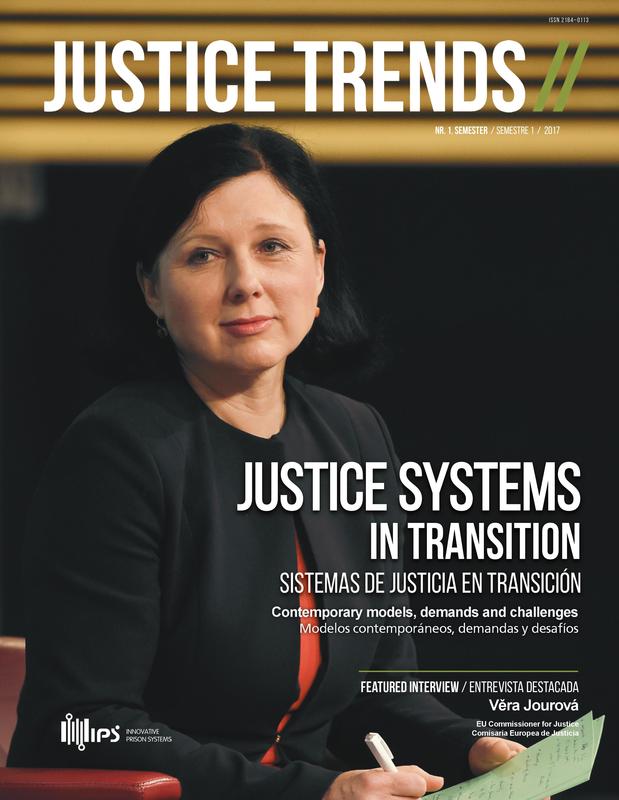Introduction
This research aims to amplify probation culture and occupational identity by exploring the stories objects can reveal. Andrew became aware of the significance of objects in relation to professional identity and occupational culture while working in prison as a newly qualified probation officer, when a prisoner remarked on the notebook he carried: ‘You must be from probation, you all carry notebooks.’ This notebook recorded information and represented the mantra from probation training, ‘if it’s not written down it didn’t happen.’ To Andrew it represented safety, an object to hold in an unpredictable environment, accountability, social justice, accuracy, trustworthiness and the desire to do a good job. This prompted reflection on what objects revealed about probation culture or identity and the history of probation.
Probation is woefully unrepresented in the penal field, often described as the Cinderella service, never invited to the ball and fighting invisibility (Robinson, 2016). Our work is influenced by Mark Doel’s Social Work in 40 Objects (2017), an exploration of professional identity in social work through objects. Whilst existing works details the origins and development of probation practice, this project considers probation in a way not previously attempted. Exploring identity in probation practice has largely involved qualitative interviews (Robinson and Svensson 2014), although work such as the Howard League’s Supervisible project (Fitzgibbon, 2016; Graebsch, 2017; McNeill, 2017) and Picturing Probation (Carr et al., 2015) has evidenced the use of creative methods in research exploring experiences of supervision. This project will contribute a visual dimension to existing work by facilitating the development of “visual cultural symbols” (Mawby and Worrall, 2013: 141) by collecting photographs of objects that represent probation work. Our project asks participants to provide a visual representation (an object) of how they feel about their experiences of Probation, alongside a short narrative: the researchers then act as curators, collecting, classifying and categorising the objects.
Probation culture and objects
When considering whether an abstract concept like ‘probation work’ can be represented by concrete objects, arguably a single object will not do justice to the diverse experiences of probation. In contrast, a collection of objects might elucidate a rich and more inclusive picture. Probation work is a contested issue and even the title of the people undertaking the work is contested, with some preferring ‘Probation Officer’ over ‘Offender Manager’. In their Council of Europe guidelines Geiran and Durnescu (2019) state that probation:
…relates to the implementation in the community of sanctions and measures, defined by law and imposed on an offender. It includes a range of activities and interventions, which involve supervision, guidance and assistance aiming at the social inclusion of an offender, as well as at contributing to community safety (Geiran and Durnescu, 2019).
It is even less simple to describe probation culture: what the work means to staff. And perhaps it is even harder to identify visual symbols connected to the work. Mawby and Worrall (2013) identify cultural characteristics in probation work, in England and Wales, under five headings: motivation, artefacts, job satisfaction, meaning and (re)presentation. Following their interviews with over 60 probation officers they note that in relation to artefacts as cultural characteristics, there is a lack of ‘visual cultural symbols’ (2013: 141). They suggest that probation has nothing comparable to the visual symbols of other criminal justice agencies including the police uniform, the prison officer’s keys or the court’s architecture.
The research
We launched the research in September 2022 and to date, we have had 15 objects submitted from England and Wales and one from Japan. These have been submitted through our ‘Probation in Objects’ website. Here are some examples of submissions we have received so far:

A letter from Fukushima Probation Office
For this participant, the envelope symbolises Probation in Japan. Volunteer Probation Officers (VPOs), also known as Hogoshi are central to Probation work in Japan where Probation Officers “often use not the email but the letter when they get in touch with VPOs” because many “are elderly people who are not used to use email”.

A coat stand
Probation officers are often said to wear many hats in their role. This submission instead explained how their work was “not defined by hats but instead by the jackets we wore on our many journeys…” and “of providing the metaphorical jacket to individuals in [their] care, offering a chat, a smile, support and guidance to those in need of them.”
What can you do?
Please visit the website to see what has been submitted to date. We are particularly interested in international submissions to further enhance our understanding of probation’s visual cultural symbols on a global scale. You may wish to submit an object yourself. Finally, please circulate the website to someone you know who would like to contribute an image to the Probation in Objects research project.
https://probationinobjects.co.uk/
We would also welcome contact from anyone interested in the research. We recently presented at the British Society of Criminology Network event in January 2023.
Article by Andrew Fowler (a.fowler@shu.ac.uk), Charlotte Oliver (c.oliver@shu.ac.uk) and Tom Brown (T.Brown@shu.ac.uk).
References
Brown, M., & Carrabine, E. (2017). Routledge International Handbook of Visual Criminology (1st ed., Vol. 1). Routledge Ltd. https://doi.org/10.4324/9781315713281
Carr, N., Bauwens, A., Bosker, J., Donker, A., Robinson, G., Sučić, I., & Worrall, A. (2015). Picturing probation: Exploring the utility of visual methods in comparative research. European Journal of Probation, 7(3), 179–200. https://doi.org/10.1177/2066220315617269
Doel, M. (2017) Social Work in 42 Objects (and more). Kirwin Maclean Associates. https://socialworkin40objects.com/
Fitzgibbon, F. (2016). Supervisible: exploring community supervision using photovoice. In The Howard League for Penal Reform. https://howardleague.org/wp-content/uploads/2016/04/Supervisible.pdf
Geiran,V., & Durnescu, I. (2019) Implementing Community Sanctions and Measures. Council of Europe. https://rm.coe.int/implementing-community-sanctions-and-measures/1680995098
Graebsch, C. (2017). Supervisible: Experiencing probation and supervision in Germany. In The Howard League for Penal Reform. https://howardleague.org/wp-content/uploads/2017/01/Supervisible-Germany.pdf
Mawby, R., & Worrall, A. (2013). Doing probation work: identity in a criminal justice occupation. Routledge.
McNeill, F. (2017). Supervisible: experiences of criminal justice supervision in Scotland. In The Howard League for Penal Reform. https://howardleague.org/wp-content/uploads/2017/06/Supervisible-Experiences-of-criminal-justice-supervision-in-Scotland.pdf
Robinson, G. (2016). The Cinderella complex: Punishment, society and community sanctions. Punishment & Society, 18(1), 95–112. https://doi.org/10.1177/1462474515623105
Robinson, G. and Svensson, K. (2014) Practising Offender Supervision. In McNeill, F., & Beyens, K. (2014). Offender supervision in Europe. Palgrave Macmillan.














